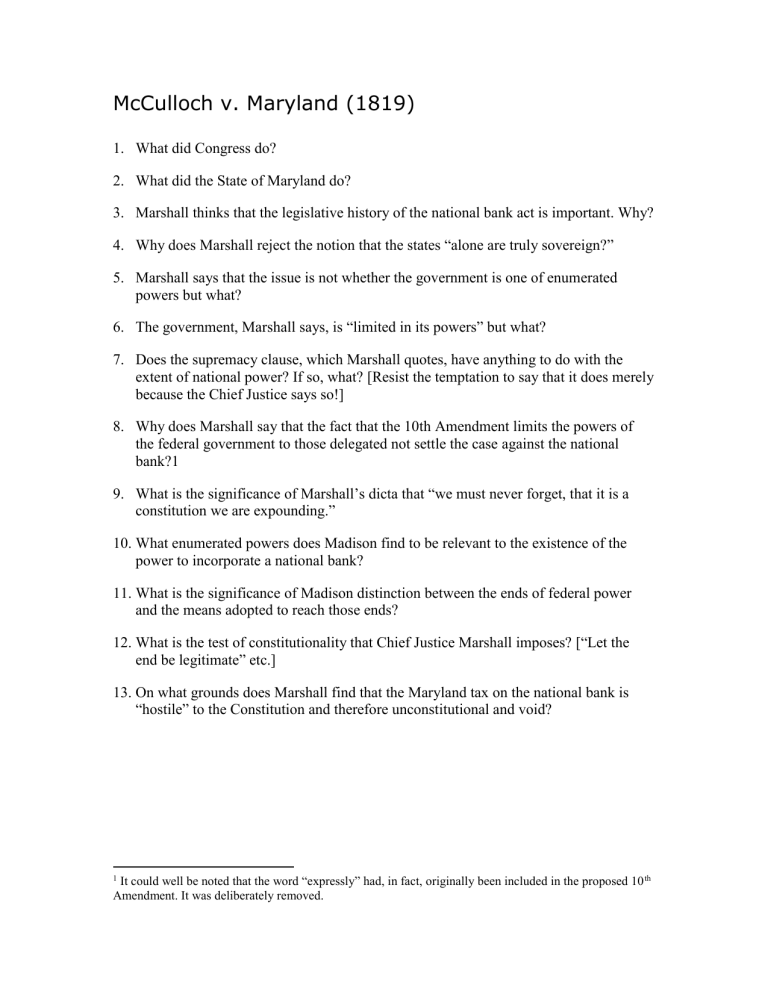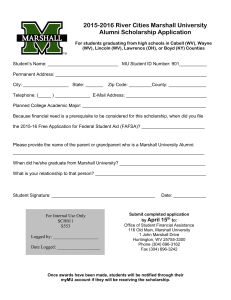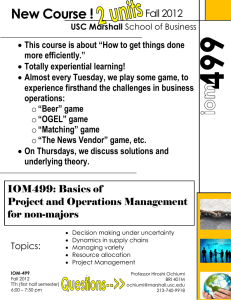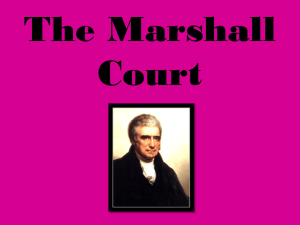McCulloch v. Maryland (1819)

McCulloch v. Maryland (1819)
1.
What did Congress do?
2.
What did the State of Maryland do?
3.
Marshall thinks that the legislative history of the national bank act is important. Why?
4.
Why does Marshall reject the notion that the states “alone are truly sovereign?”
5.
Marshall says that the issue is not whether the government is one of enumerated powers but what?
6.
The government, Marshall says, is “limited in its powers” but what?
7.
Does the supremacy clause, which Marshall quotes, have anything to do with the extent of national power? If so, what? [Resist the temptation to say that it does merely because the Chief Justice says so!]
8.
Why does Marshall say that the fact that the 10th Amendment limits the powers of the federal government to those delegated not settle the case against the national bank?1
9.
What is the significance of Marshall’s dicta that “we must never forget, that it is a constitution we are expounding.”
10.
What enumerated powers does Madison find to be relevant to the existence of the power to incorporate a national bank?
11.
What is the significance of Madison distinction between the ends of federal power and the means adopted to reach those ends?
12.
What is the test of constitutionality that Chief Justice Marshall imposes? [“Let the end be legitimate” etc.]
13.
On what grounds does Marshall find that the Maryland tax on the national bank is
“hostile” to the Constitution and therefore unconstitutional and void?
1 It could well be noted that the word “expressly” had, in fact, originally been included in the proposed 10 th
Amendment. It was deliberately removed.




